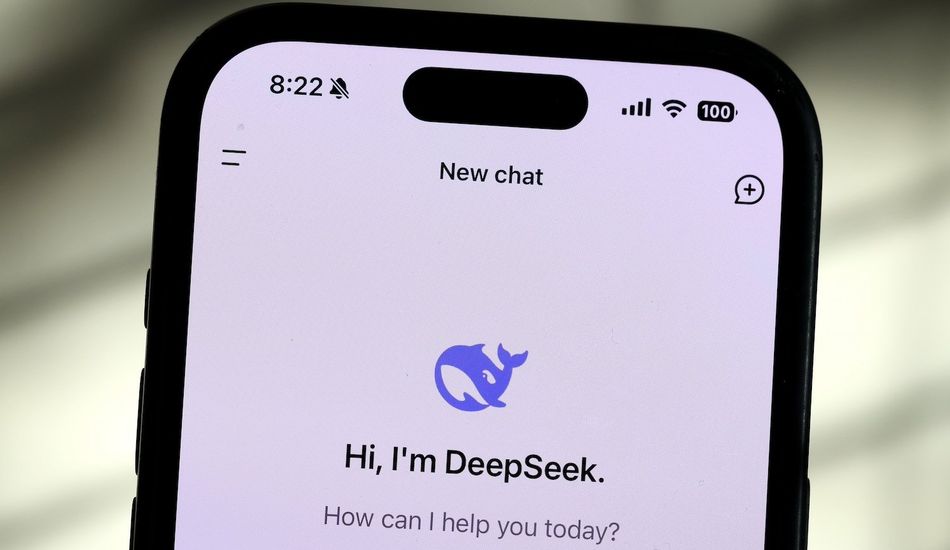
Huawei's New AI: DeepSeek-R1-Safe Designed for Government Compliance
So, there's this new AI model called DeepSeek-R1-Safe, and it's quite interesting. It seems like Huawei and some researchers have been working to make it, well, less controversial. The idea is that this AI won't dive into topics considered politically sensitive.
From what I gather, they took the original DeepSeek R1 model and tweaked it using a bunch of AI chips. The goal? To make sure it dodges potentially "toxic" or harmful speech. Huawei claims it's pretty good at this, though it does seem to get tripped up if you try to trick it with challenges or role-playing scenarios. These AI models, they just love to play out a hypothetical scenario that allows them to defy their guardrails.
Now, why go through all this trouble? Well, in China, there are regulations that say AI models need to stick to certain values and speech restrictions. It's not just China either. Other countries, like Saudi Arabia, are also developing AI that aligns with their specific culture and values. Even in the US, there's been talk about making sure AI used by the government is "neutral" and unbiased. It seems like everyone wants to make sure AI doesn't stir the pot too much.
It makes you wonder, doesn't it? How do you even define "neutral" or "unbiased" when it comes to AI? And who gets to decide what's considered politically sensitive anyway? For example, OpenAI says that ChatGPT leans towards Western views, so it is inherently biased. It's a tricky situation, and it'll be interesting to see how it all plays out as AI becomes more and more integrated into our lives.
Ultimately, this whole DeepSeek-R1-Safe situation is a reminder that AI isn't just about technology. It's also about politics, culture, and values. And as we move forward, we need to think carefully about how we want to shape these AI models and what kind of world we want them to help create.
Source: Gizmodo